
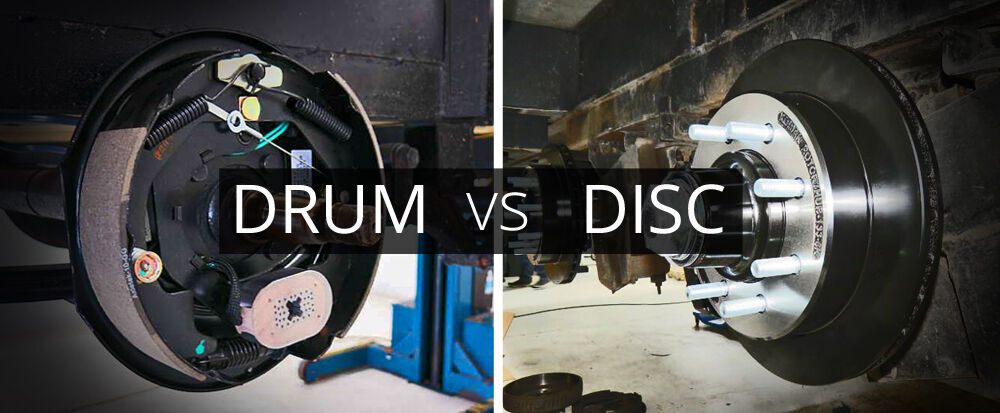
Trailer Drum Brakes vs. Disc Brakes: Making the Decision
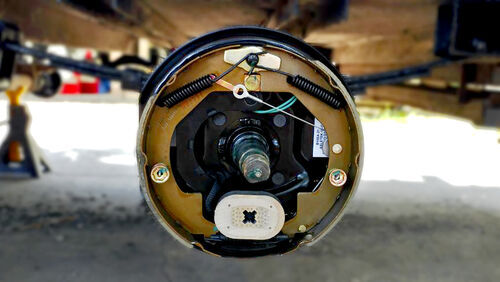
Drum Brakes
How do Drum Brakes Work?
Quality of Drum Brakes
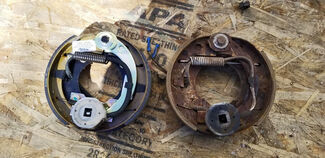
Cost and Maintenance
Electric drum brakes
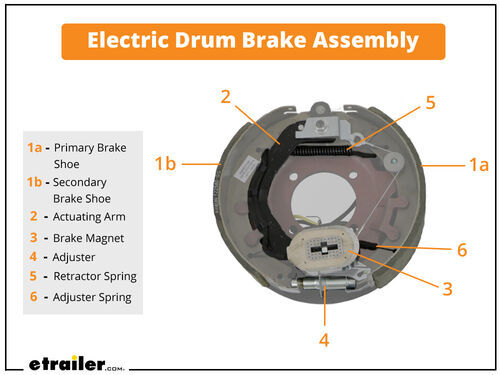
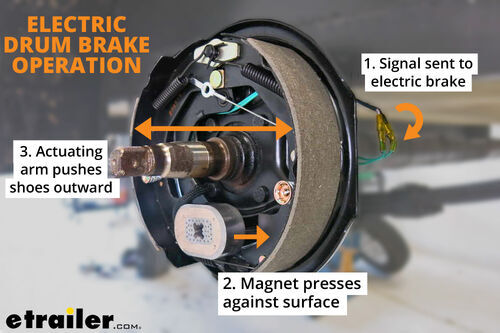
Can You Use Electric Brakes on a Boat Trailer?
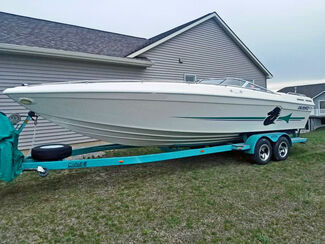
Hydraulic drum brakes
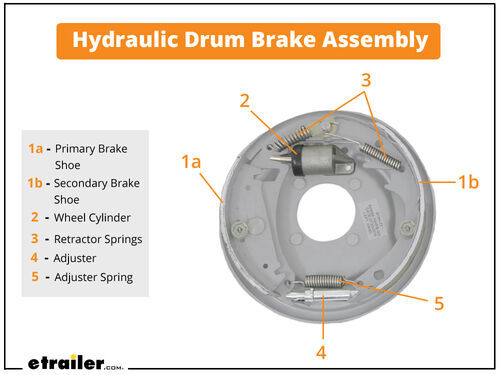
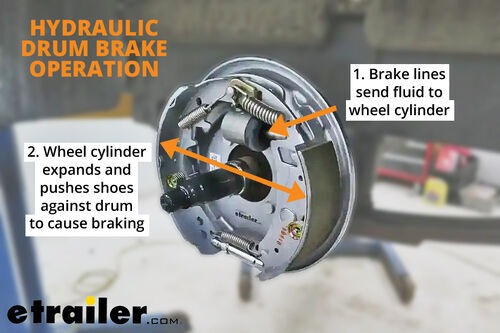
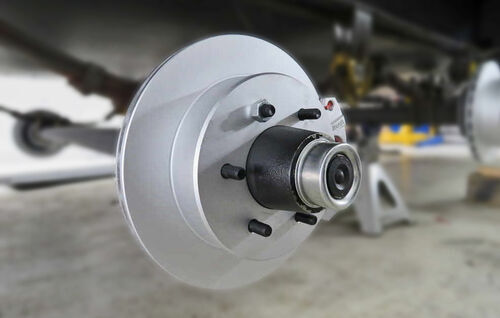
Disc Brakes
How do Disc Brakes Work?
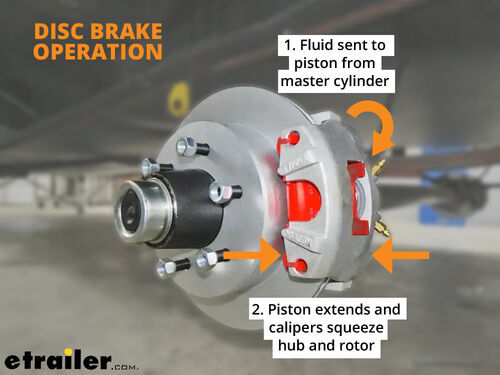
Cost and Maintenance
Drum to Disc Brake Conversion
Electric Over Hydraulic Brakes
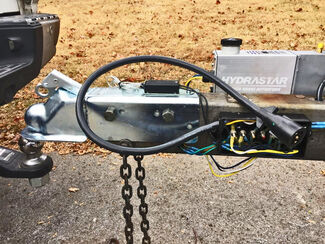
Drum vs. Disc: Which One Should You Get?
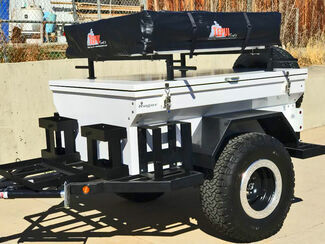
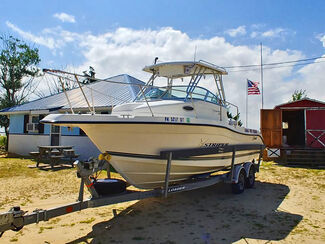
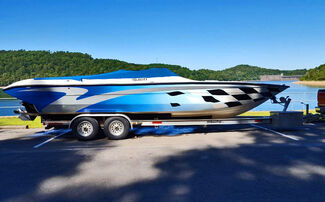

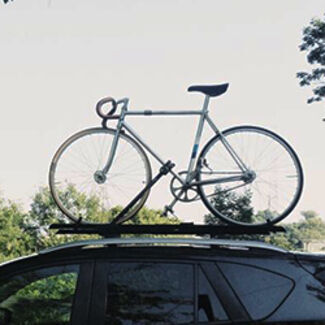
Steve
4/9/2022
I'm buying a new boat that has a trailer with disc brakes which is a first for me. I have to back the boat and trailer down my steep driveway in order to park it. Do disc brakes provide any braking while backing up?




Gary J.
10/23/2020
Excellent article that covered the pros and cons of each type of arrangement. My compliments to the author.
Departments
Towing
- Trailer Hitch
- Fifth Wheel
- Gooseneck
- Towing a Vehicle
- Front Hitch
- RV Hitch
- ATV Hitch
- HD Truck Hitch
- Vehicle Wiring
- Brake Controller
- Ball Mounts
- Weight Distribution
Sports and Recreation
Trailer Parts
- Utility Trailer
- Boat Trailer
- Landscape Trailer
- Enclosed Trailer
- 5th/Camper Trailer
- Car Hauler
- Horse Trailer
Vehicle
Contact & Help

What our customers are saying:
"The phone operator was very helpful and made my purchase easy. I will keep this website handy."
Harold
Gillsville, GA
Popular Vehicles
- Subaru Forester
- Ford F-350 Super Duty
- Ford F-250 Super Duty
- Chevrolet Silverado 1500
- Jeep Wrangler Unlimited
- Jeep Wrangler
- Ram 3500
- Toyota Highlander
- Ram 2500
- Chevrolet Silverado 2500
- Subaru Outback Wagon
- Chevrolet Silverado
- Dodge Ram Pickup
- GMC Sierra 2500
- Ram 1500
- Ford F-250 and F-350 Super Duty
- Jeep Grand Cherokee
- Toyota Tacoma
- GMC Sierra 3500
- Toyota Tundra
- Ford Escape
- More >>


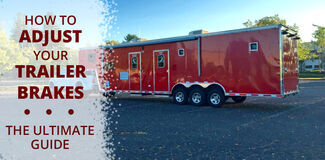
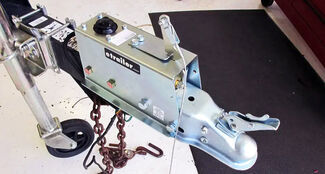
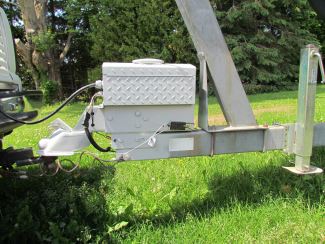
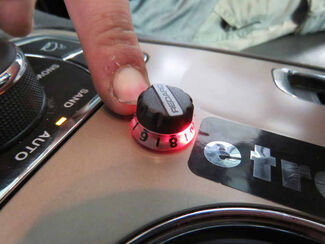
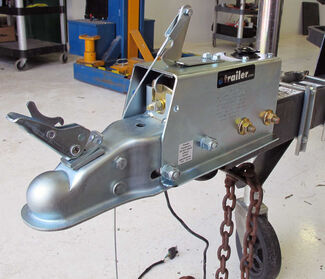
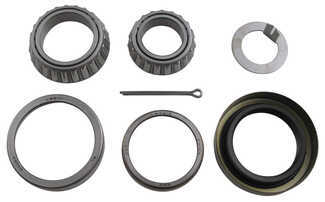
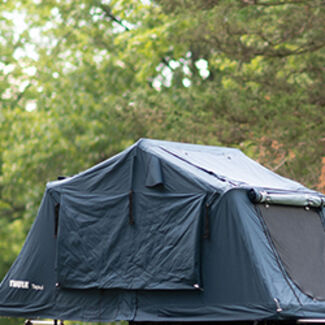



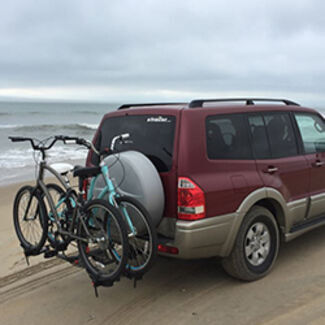














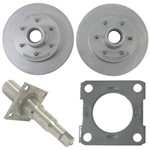









Joe S.
5/27/2023
Can my tow vehicle (2010 Tundra prewired for eclectic brakes) swap back and forth between the current surge set up (5 pin connector which locks out the brakes in reverse) and utilize the electric brakes on a trailer so equipped once I add an appropriate brake controller? The plug is there for both. Is it correct to expect going back and forth would cause no issue with the current surge usage?